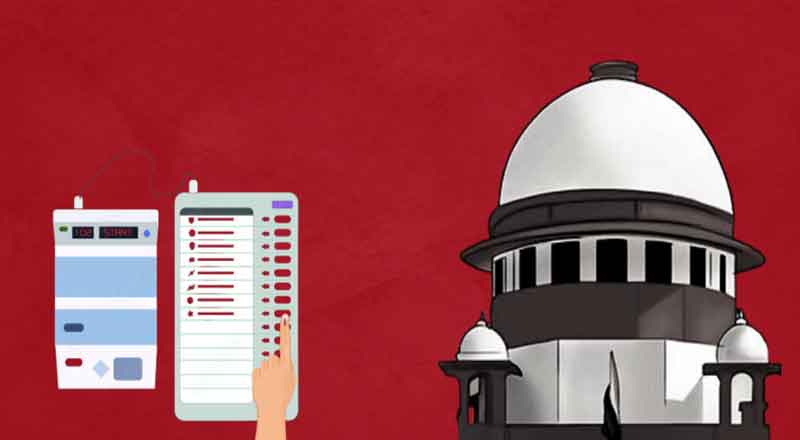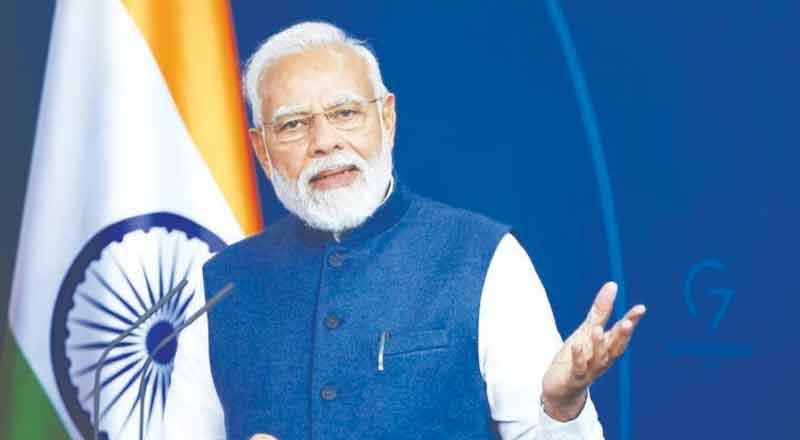Our worldwide money related framework moves trillions of dollars daily and serves billions of individuals. Be that as it may, the framework is overflowing with issues, including cost through charges and postponements, making rubbing through excess and burdensome administrative work, and opening up open doors for misrepresentation and wrongdoing. Indeed, 45% of monetary middle people, for example, installment systems, stock trades, and cash move administrations, experience the ill effects of financial wrongdoing consistently; the number is 37% for the whole economy, and just 20% and 27% for the expert administrations and innovation divisions, individually. It’s no little marvel that administrative costs proceed to climb and stay a top worry for investors. This all includes cost, with purchasers eventually bearing the weight.
It makes one wonder: Why is our money related framework so wasteful? To start with, in light of the fact that it’s out of date, a kludge of modern advances and paper-based procedures spruced up in a computerized wrapper. Second, since it’s unified, which makes it impervious to change and defenseless against frameworks disappointments and assaults. Third, it’s exclusionary, preventing billions from securing individuals access to fundamental budgetary apparatuses. Investors have to a great extent avoided the kind of innovative annihilation that, while untidy, is basic to financial essentialness and progress. Be that as it may, the answer for this development logjam has risen: blockchain.
Blockchain was initially created as the innovation behind digital forms of money like Bitcoin. A tremendous, all around disseminated record running on a large number of gadgets, it is equipped for recording anything of significant worth. Cash, values, bonds, titles, deeds, contracts, and for all intents and purposes every other sort of advantages can be moved and put away safely, secretly, and from shared, in light of the fact that trust is built up not by incredible mediators like banks and governments, yet by organize accord, cryptography, joint effort, and sharp code. Without precedent for mankind’s history, at least two gatherings, be they organizations or people who may not know one another, can manufacture understandings, make exchanges, and construct an incentive without depending on mediators, (for example, banks, rating offices, and government bodies, for example, the U.S. Division of State) to confirm their personalities, build up trust, or play out the basic business rationale — contracting, clearing, settling, and record-keeping undertakings that are primary to all types of trade.
Given the guarantee and danger of such a problematic innovation, numerous organizations in the budgetary business, from banks and guarantors to review and expert help firms, are putting resources into blockchain arrangements. What is driving this downpour of cash and premium? Most firms refer to chances to lessen grating and expenses. All things considered, most money related delegates themselves depend on a confounding, complex, and exorbitant exhibit of mediators to run their own tasks. Santander, an European bank, put the potential reserve funds at $20 billion every year. Capgemini, a consultancy, appraises that purchasers could set aside to $16 billion in banking and protection expenses every year through blockchain-based applications.
Undoubtedly, blockchain may empower officeholders, for example, JPMorgan Chase, Citigroup, and Credit Suisse, which are all as of now putting resources into the innovation, to accomplish more with less, streamline their organizations, and decrease hazard all the while. In any case, while an entrepreneurial perspective is worthwhile and frequently vital, it is seldom adequate. All things considered, how would you cut expense from a business or market whose structure has in a general sense changed? Here, blockchain is a genuine distinct advantage. By decreasing exchange costs among all members in the economy, blockchain underpins models of distributed mass coordinated effort that could make a considerable lot of our current authoritative structures excess.
For instance, consider how new undertakings get to development capital. Customarily, organizations target holy messenger financial specialists in the beginning times of another business, and later hope to investors, in the long run coming full circle in a first sale of stock (IPO) on a stock trade. This industry bolsters various mediators, for example, venture brokers, trade administrators, inspectors, legal counselors, and group financing stages, (for example, Kickstarter and Indiegogo). Blockchain changes the condition by empowering organizations of any size to fund-raise in a shared manner, through worldwide appropriated share contributions. This new subsidizing system is as of now changing the blockchain business. In 2016 blockchain organizations raised $400 million from conventional endeavor financial specialists and almost $200 million through what we call introductory coin contributions (ICO instead of IPO). These ICOs aren’t simply new cryptographic forms of money taking on the appearance of organizations. They speak to content and computerized rights the board stages, (for example, SingularDTV), dispersed endeavor reserves, (for example, the DAO, for decentralized self-ruling association), and even new stages to make putting resources into ICOs and overseeing advanced resources simple, (for example, ICONOMI). There is as of now a profound pipeline of ICOs this year, for example, Cosmos, a binding together innovation that will associate each blockchain on the planet, which is the reason it’s been named the “web of blockchains.” Others make certain to go with the same pattern. In 2017 we expect that blockchain new companies will raise a bigger number of assets through ICO than some other methods — a memorable emphasis point.
Officeholders are paying heed. The New York–based funding firm Union Square Ventures (USV) widened its speculation technique with the goal that it could purchase ICOs straightforwardly. Menlo Park funding firm Andreessen Horowitz joined USV in putting resources into Polychain Capital, a fence investments that just purchases tokens. Blockchain Capital, one of the business’ biggest speculators, as of late declared that it would be fund-raising for its new reserve by giving tokens by ICO, a first for the business. What’s more, obviously, organizations, for example, Goldman Sachs, NASDAQ, Inc., and Intercontinental Exchange, the American holding organization that possesses the New York Stock Exchange, which overwhelm the IPO and posting business, have been among the biggest speculators in blockchain adventures.
Likewise with any drastically new plan of action, ICOs have dangers. There is practically no administrative oversight. Due steadiness and divulgences can be sparse, and a few organizations that have given ICOs have gone belly up. Admonition emptor is the watchword, and huge numbers of the early supporters are a bigger number of punters than funders. Be that as it may, the genie has been released from the container. Done right, ICOs can not just improve the effectiveness of fund-raising, bringing down the expense of capital for business visionaries and speculators, yet in addition democratize support in worldwide capital markets.
In the event that the universe of investment can change profoundly in one year, what else would we be able to change? Blockchain could overturn various complex middle of the road capacities in the business: personality and notoriety, moving worth (installments and settlements), putting away worth (reserve funds), loaning and acquiring (credit), exchanging esteem (commercial centers like stock trades), protection and hazard the executives, and review and expense capacities.
Is this the finish of banking as we probably am aware it? That relies upon how occupants respond. Blockchain isn’t an existential risk to the individuals who grasp the new innovation worldview and disturb from inside. The inquiry is, who in the budgetary administrations industry will lead the upheaval? Since forever, pioneers of old ideal models have battled to grasp the new. For what reason didn’t AT&T dispatch Skype, or Visa make Paypal? CNN could have fabricated Twitter, since it is about the sound nibble. GM or Hertz could have propelled Uber; Marriott could have created Airbnb. The relentless power of blockchain innovation is hurtling down on the framework of current fund. As with earlier outlook changes, blockchain will make victors and washouts. By and by, we might want the inescapable impact to change the old cash machine into a thriving stage for all.





